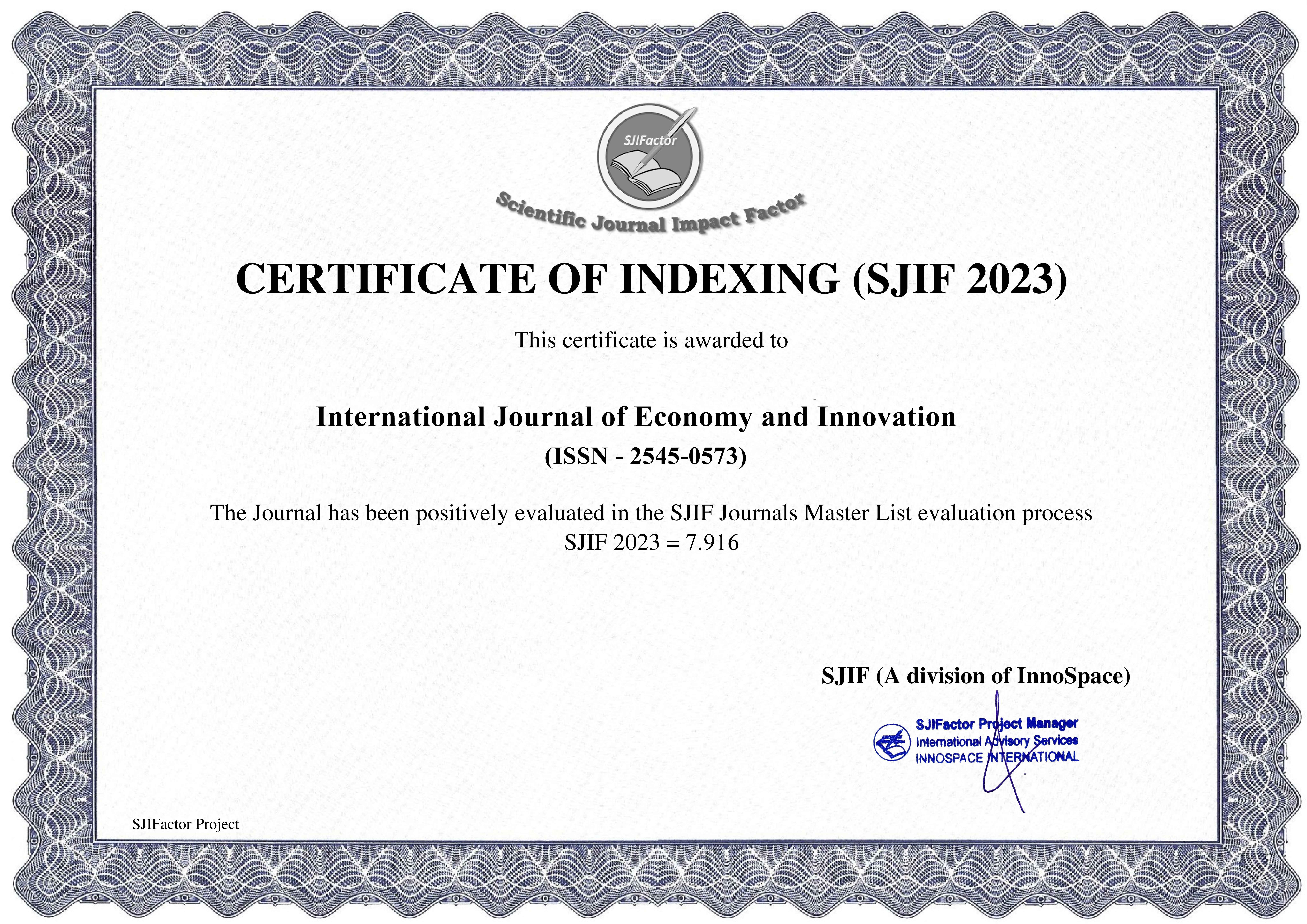STUDYING METAPHORS IN TRANSLATION THEORY
Keywords:
metaphor, literary translation, translation transformations, translation, pragmatics, functional adequacyAbstract
The article deals with the problem of translating metaphorical means of expression in a literary text in the aspect of preserving their communicative and pragmatic functionality. The issue of metaphor as a universal cognitive mechanism for the nomination of the surrounding reality and the creation of artistic images is being resolved, while taking into account the national linguistic and cultural specificity of the communicant creating the metaphorical form. Linguistic analysis of the form and content of the translated text in comparison with the form and content of the original made it possible to identify cases of complete and partial translation of the metaphor and describe the accompanying lexical and grammatical interlingual transformations. The impossibility of a complete translation of the metaphor of the source text into the translated text is explained both by the peculiarities of the internal development of languages and by the nature of the linguistic thinking of the two peoples. The absence of translation in translation is considered to be a factor that reduces the functional equivalence of texts.

















